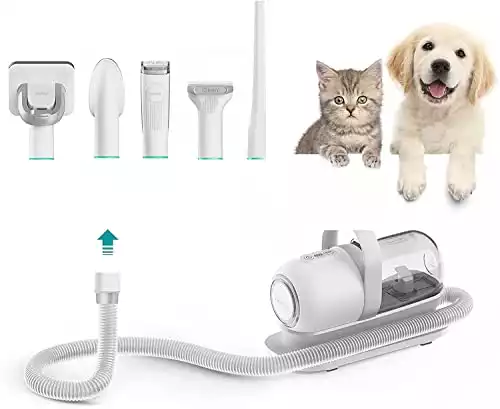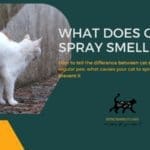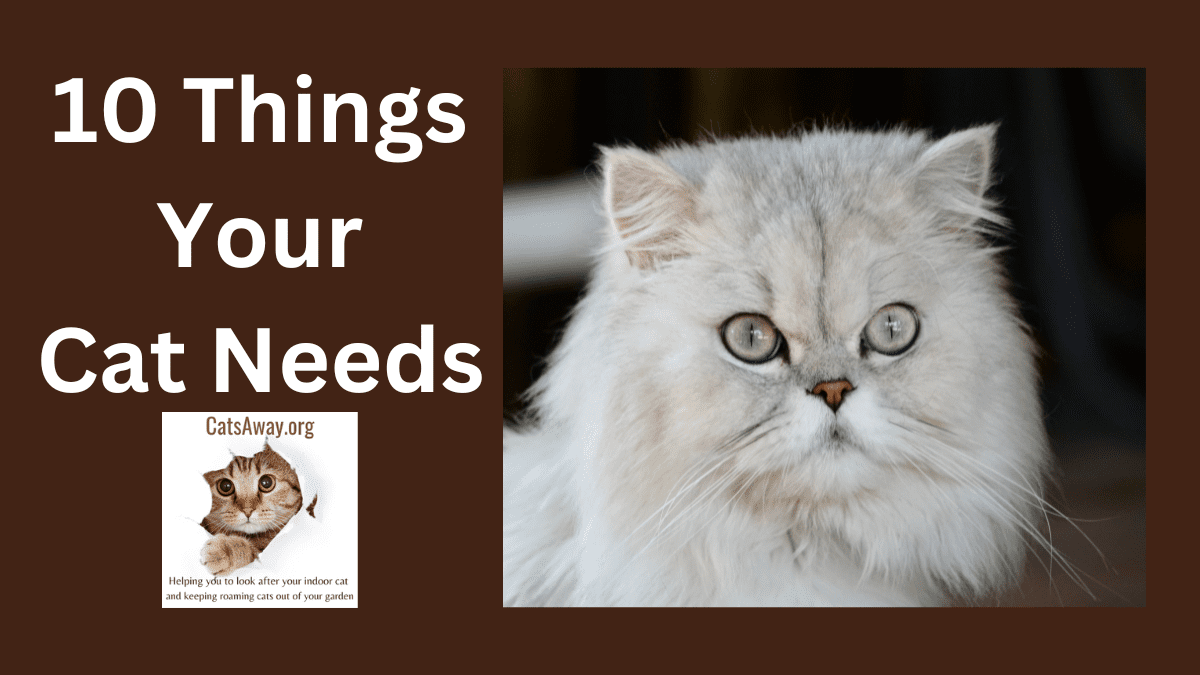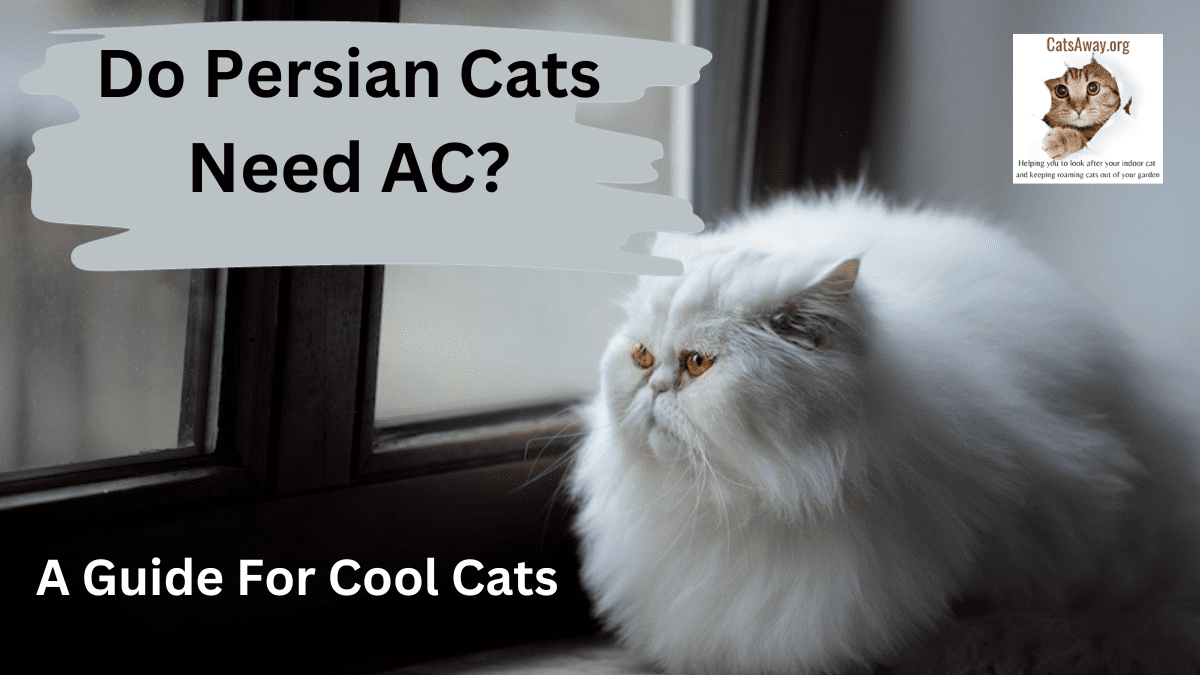Are you a cat lover who suffers from allergies? If so, you know the struggle of finding the perfect feline companion.
While some breeds are known for being hypoallergenic, others can trigger severe reactions that leave you feeling miserable.
In this article, I dive into the worst cats for allergies and what makes them particularly troublesome for those with sensitivities. From grooming habits to proteins in their saliva and skin, there are many factors that contribute to a cat’s allergenicity.
So, if you’re considering adopting a furry friend, read on to learn which are the worst cats for allergies and make an informed decision for you and your family’s health.
What Causes Allergies to Cats?
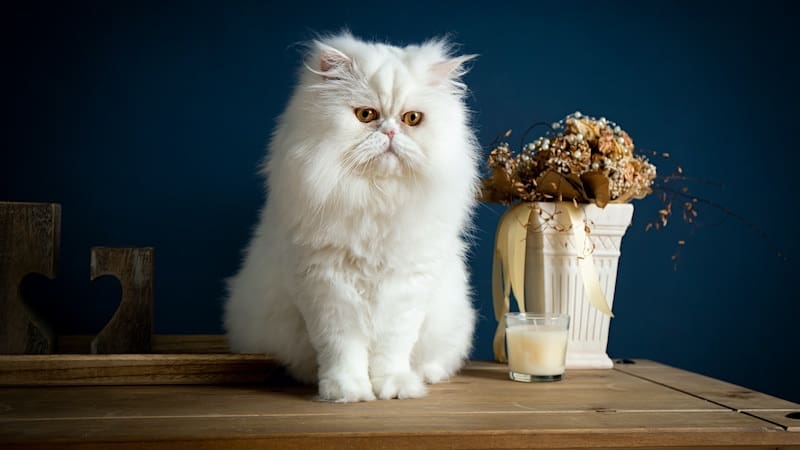
Allergies to cats are caused by a protein called Fel d 1, which is found in a cat’s skin, saliva, and urine. When cats groom themselves, they spread this protein all over their fur, which can then be transferred to humans through contact or inhalation.
Some people are more sensitive to this protein than others, and even a small amount can trigger an allergic reaction. Symptoms can range from mild to severe and may include sneezing, runny nose, itchy eyes, and even difficulty breathing.
It’s important to note that there is no such thing as a truly hypoallergenic cat. While some breeds may produce less of the Fel d 1 protein, all cats produce it to some degree. Additionally, other factors such as dust and pollen can exacerbate allergies in some people.
Why Some Cats are Worse for Allergies
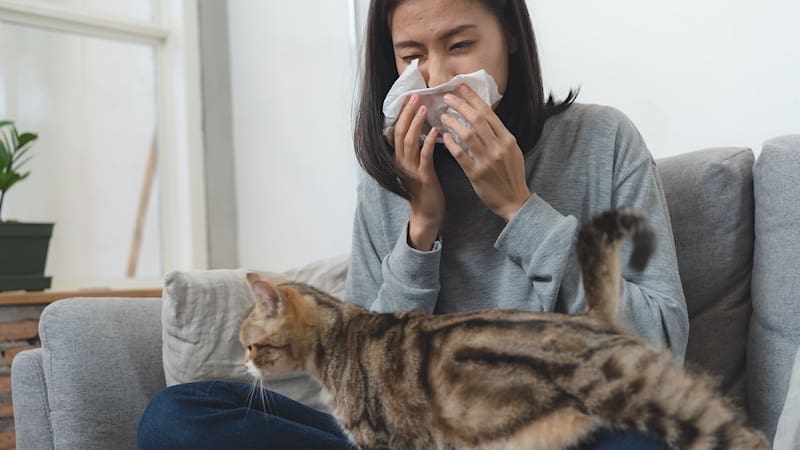
Not all cats are created equal when it comes to causing allergies. Some cats may produce more allergens than others, while some may have fur that traps more allergens. Here are some possible reasons why some cats are worse for allergies:
Fur length: Long-haired cats may trap more allergens in their fur than short-haired cats.
Saliva: Cats that groom themselves frequently may spread more allergens through their saliva.
Breeds: Some cat breeds may produce more allergens than others, such as Siamese, Devon Rex, and Sphynx cats.
If you are allergic to cats, it is important to do your research before adopting a cat. You may want to consider a hypoallergenic cat breed or a cat with short fur. You may also want to consult with an allergist to determine the best course of action for managing your allergies.
9 Cat Breeds to Avoid for Allergy Sufferers
Cat breeds that produce a lot of the Fel d 1 protein are the worst for allergy sufferers. Here are 9 cat breeds that are known to produce higher levels of this protein:
Persian cats – These cats have long, thick fur and shed moderately all year long. They also produce a lot of dander.
British Longhair cats – This breed shed all year round and are best avoided if you suffer from allergies.
Oriental Longhair cats – Another breed that sheds all year, it also spends a lot of time grooming which means the coat is full of allergens and dander.
Exotic Shorthair cats – Yet another constant shedding cat so although the hair is short, its still best avoided for sufferers.
Scottish Fold cats – Although they don’t shed all the time, they have thick coats which can be a problem for allergy sufferers
Siamese cats – produce higher levels of Fel d 1 protein than other breeds.
Himalayan cats – also known as “Himmies,” are a cross between Siamese and Persian cats and also produce high levels of Fel d 1 protein.
Devon Rex – while Deven Rex cats are good for some allergy sufferers, they can produce more saliva than other breeds, which can increase the amount of Fel d 1 protein in their fur.
Oriental Shorthair: Oriental Shorthair cats produce high levels of Fel d 1 protein and have a short, fine coat that can spread dander around the house.
It’s important to note that individual cats within a breed can vary in their allergen production, so it’s always a good idea to spend time with a cat before adopting to see if you have an allergic reaction.
Best cats for allergy sufferers
If you’re looking to adopt a cat and suffer from allergies, it’s important to do your research and choose from the cat breeds that are known to produce fewer allergens.
The best cat breeds for allergy sufferers are those with less of the Fel d 1 protein, which is the primary allergen found in cat saliva and skin.
Popular Hypoallergenic cat breeds include:
Sphynx: Sphynx cats are hairless, which means they produce less dander, the tiny flakes of skin that can trigger allergies.
Devon Rex: Devon Rex cats have curly hair that traps dander and prevents it from spreading around the house.
Siberian: Siberian cats produce less Fel d 1 protein than other cat breeds, which makes them a good choice for allergy sufferers.
Ragdoll: Ragdoll cats are low-shedding as well as having lower levels of dander production compared to other cats making them potentially hypoallergenic cats for those with mild pet allergies.
Bengal: Bengal cats have short hair and shed less than other breeds, which can reduce the risk of allergic reactions.
However, it’s important to note that no cat is completely hypoallergenic, and even breeds that are known to produce fewer allergens can still cause allergic reactions in some people.
Tips for Living with Cats When You Have Allergies
If you are one of the many people who love cats but suffer from allergies, there are some things you can do to make living with your feline friend more comfortable. Here are a few tips to help you manage your allergies:
Learn how to control cat hair by vacuuming and grooming regularly
Learn how to keep a cat off your bed and designate your bedroom as a cat free zone to minimize exposure to allergens
Wash your hands frequently and avoid touching your face after petting your cat
Consider taking allergy medication or receiving immunotherapy to help manage your symptoms
Consider purchasing a cat grooming kit which includes clippers to keep the hair shorter and a de-shedding brush such as the one shown below
Traditional pet hair trimmers create a lot of mess and hair in the home. The best selling P1 Pro grooming kit with vacuum function collects 99% of pet hair into a vacuum container while trimming and brushing hair, which keeps your home clean. Ideal for cat allergy sufferers as the dander is collected before getting into the air.
FAQ
Which is the worst cat for allergies?

The Persian cat is usually considered one of the worst cats for allergies. This breed produces more dander than most other breeds, which can exacerbate allergy symptoms. However, individuals with allergies may still be able to live with a Persian cat if they take proper precautions, such as frequent grooming and cleaning.
Which breeds are hypoallergenic cats?

There is no such thing as an hypoallergenic cat but there are certain breeds that are ok for those with only mild cat allergies. Siberian cats, Bengal cats and Ragdoll cats are 3 of the most popular for those suffering from cat allergies.
These are known to shed less, produce less dander and have fewer Fel d1 proteins.
Do neutered male cats produce less allergens?

Both female cats and neutered male cats produce less allergens than an unaltered male cat which is another reason why you should always have your Tom neutered.
Conclusion
When it comes to choosing a house cat for people with allergies, it’s important to remember that no cat is completely hypoallergenic. However, some breeds are better suited for people with allergies than others.
If you have allergies and are considering getting a cat, it’s important to spend time with different breeds to see how your body reacts. Additionally, consulting with an allergist can help you make an informed decision about which cat breed is best for you.

